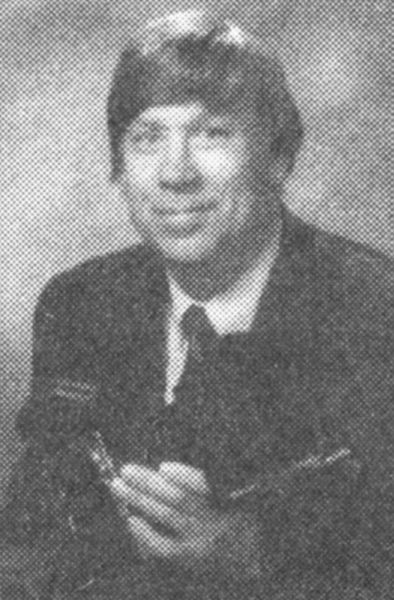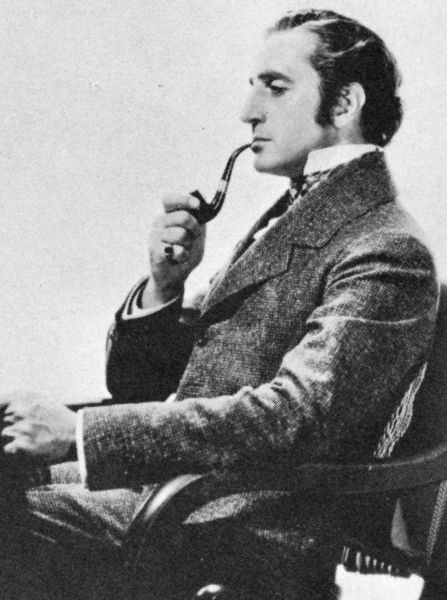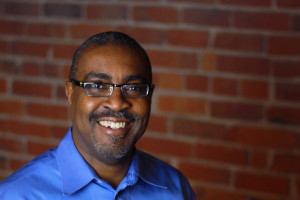 Last summer I had the chance of a lifetime—a six-week trip to exotic places, all expenses paid. The catch: take 30 students with me.
Last summer I had the chance of a lifetime—a six-week trip to exotic places, all expenses paid. The catch: take 30 students with me.
Because these were Wheaton students, the job was easy and delightful, but personally challenging nonetheless. I expected physical and intellectual hurdles as we traveled through Israel, Istanbul, Greece, and Rome, but was unprepared for the richness of spiritual enlightenment as I journeyed through places of religious turmoil, encountering Jews and Muslims, as well as Orthodox, Protestant, and Catholic Christians.
Often exhausted, sweaty, hot, and dusty after our lengthy hikes, I gained a clearer picture of Jesus’ tired frame slumping by Jacob’s well as he appealed to the Samaritan woman for a drink. Exploring Philippi, I caught whispering echoes of the Apostle Paul proclaiming the gospel to Lydia at the river, the water still flowing over the same rocks that witnessed the gospel’s entrance into Europe. From the magnificent heights of the Parthenon, I looked over the ancient Athenian agora (market) and marveled at the rich extravagance ascribed to the ancient gods and goddesses. (Little wonder many scoffed at Paul’s claims about a simple Jew being the Savior of the world.) In Rome, the still impressive Forum and Coliseum are now a crumbling reminder of the empire’s former strength and cruelty.
The physical stresses and intellectual challenges prepared me for the most trying contest-delving deeply into questions surrounding Christian unity and charity. For the first time, I engaged with Orthodox Christians and their worship. The holy sites in Bethlehem and Jerusalem are perfumed with the incense of centuries of devotion—a piety totally unfamiliar to my Evangelical Free Church upbringing.
In Istanbul, our group was granted rare privileges: an audience both with the Ecumenical Patriarch, Bartholomew I, and with the Armenian Patriarch, Mesrob II. The latter was a jovial conversationalist who entertained our direct questions for an hour. Having studied in the United States, he contrasted the American situation with that of his flock, for whom simply confessing oneself a Christian in public was bold indeed. He added that serving both Muslims and Christians in their church-operated hospital spoke volumes to the wider public. His All Holiness Bartholomew I granted a formal audience where he stressed his unity-building work with Muslims in Turkey as well as his concerted efforts to protect the environment.
Perhaps nothing so poignantly symbolizes the tensions and aspirations for peace between faiths as the Hagia Sophia, built as the grandest church in Christendom, and later converted to a mosque. Currently Christian frescos and Islamic medallions compete for a visitor’s attention. Scaffolding rising from the center, 20-stories high, epitomizes the rebuilding hopes of Christians seeking peace with their Muslim neighbors.
—–
Dr. Lynn Cohick, Associate Professor of New Testament, is interested in how average Jews and Christians lived out their faith in the ancient setting of Hellenism and the Roman Empire. Prior to coming to Wheaton, she taught overseas at the Nairobi Evangelical Graduate School of Theology in Kenya for three years. She enjoys riding horses, reading mysteries, and jogging with her husband, Jim. (The above statement was included at the time of publication — Wheaton Magazine, Autumn 2008)


